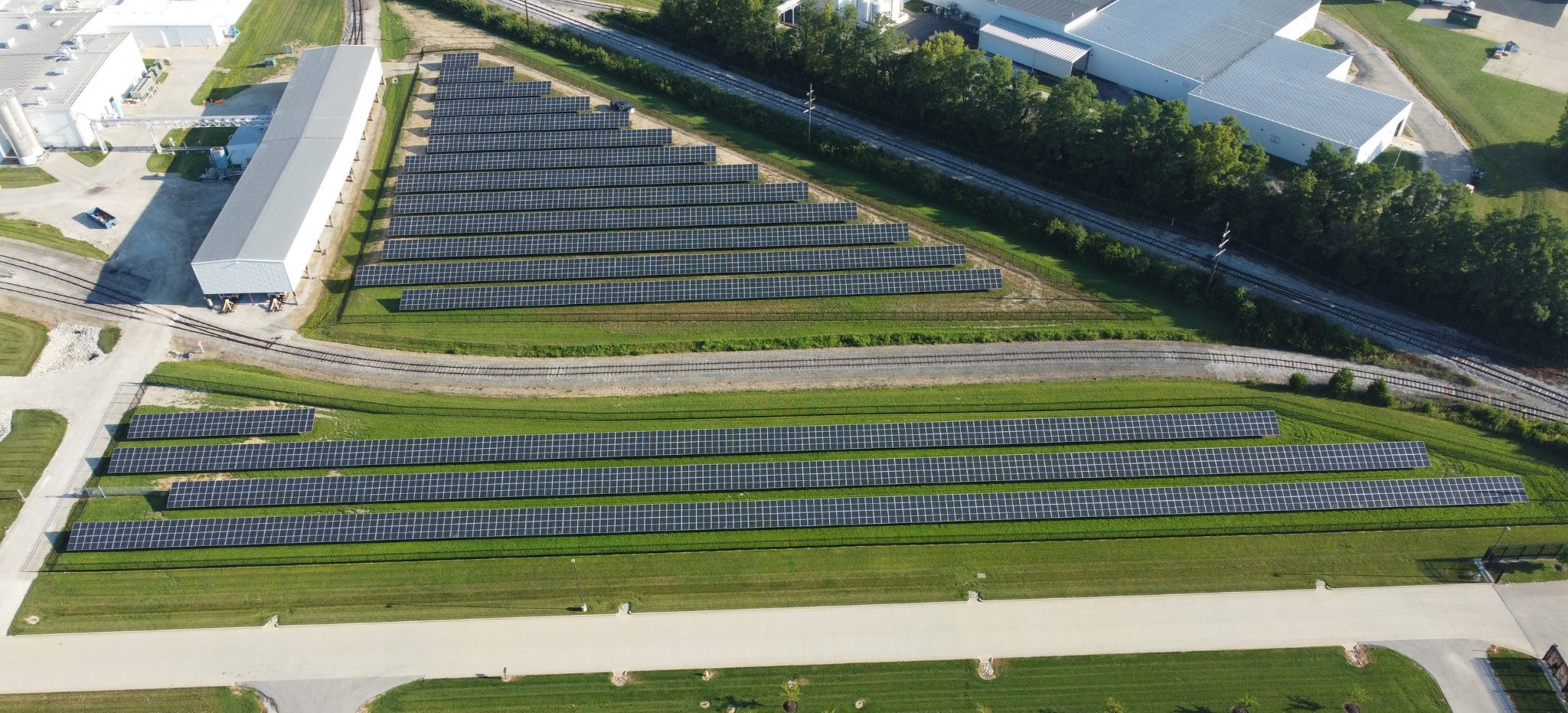
Solar Installation Incentives
Explore some of the federal and state incentives that may be available to you with your residential or commercial solar installation.
Federal Incentives
Opportunities in Every State
The Inflation Reduction Act and other legislation has made possible many federal, state, and local tax incentives with installation of a commercial solar system. Our solar consultants can let you know about incentives and rebates available to you, but it’s also recommended that you check with your accountant and other professional advisors as well as your utility company and local municipality about credits and incentives that may be currently available to you in your area.
Business taxpayers may be eligible to claim a tax credit on their Federal Income Tax return of 30% or more, depending on the circumstances, on qualifying expenditures on a solar system that they own. It’s possible that business tax credits could be carried forward to offset future tax liabilities if there is insufficient tax liability in the solar system’s first year of operation. Consult your tax advisor to determine whether this credit is available to you and for what amount.
-
Energy Community Tax Credit Bonus
Businesses purchasing new solar systems located in certain energy communities may be eligible for an additional 10% tax credit. Wondering if you might be in such a community? Check out this map.
-
Direct Pay
Certain types of tax-exempt organizations, state and local government entities, or rural electric cooperatives may be eligible to receive the Federal Income Tax Credit as a direct payment from the IRS.
- Learn more about the federal solar tax credits for businesses.
Commercial Incentive Opportunities
Colorado Commercial Incentives
Local utilities in cities such as Fort Collins may have additional solar incentives that businesses can take advantage of to save even more. Below is an example of a recent incentive. See the Fort Collins Utilities website for up-to-date information.
- Commercial customers can receive rebates up to $50,000. Rebate amounts are calculated based on $0.50/watt of DC system generation capacity and include a 20-year Renewable Energy Credit (REC) assignment to Fort Collins Utilities.
Full retail rate net metering may provide customers with credits for the excess generated energy from their solar system. If your solar system produces more energy than you’re using, you may get credits applied to your monthly electricity bill at the discretion of your utility provider.1 Net metering can vary, depending on your utility provider.
For any new solar PV system installed, the assessed value of the system may be exempt from your property taxes.
This program may be available to Colorado Xcel Energy commercial customers. Below is an example of a recent incentive. See the Xcel Energy website for up-to-date information.
- Pay-for-performance incentive:
- C&I Tier 1 (8 kW–250 kW): $0.04/kWh
- C&I Tier 2 (250.1 kW–500 kW): $0.0375/kWh
- C&I Tier 3 (500.1 kW–1 MW): $0.035/kWh
Illinois Commercial Incentives
Full retail rate net metering may provide customers with credits for the excess generated energy from their solar system. If your solar system produces more energy than you’re using, you may get credits applied to your monthly electricity bill at the discretion of your utility provider.1 Net metering can vary, depending on your utility provider.
SRECs are certificates earned as solar electricity is produced. For every megawatt hour (MWh) your system produces, you may receive one SREC. Under current law, certain utilities in Illinois may be willing to pay in advance for some or even all the SRECs that your system is expected to produce over a 15-year period. Such SREC income can be significant, even on an after-tax basis.
Nebraska Commercial Incentives
Lincoln Electric System (LES) extends financial incentives for both residential and commercial solar customers under its Sustainable Energy Program. Funding from LES is allocated on a first-come, first-served basis beginning January 1 of each year. To learn more, visit the LES website.
If your solar system produces more energy than you’re using, you may get credits applied to your monthly electricity bill at the discretion of your utility provider.1 Net metering can vary, depending on your utility provider.
New York Commercial Incentives
Full retail rate net metering may provide customers with credits for the excess generated energy from their solar system. If your solar system produces more energy than you’re using, you may get credits applied to your monthly electricity bill at the discretion of your utility provider.1 Net metering can vary, depending on your utility provider.
The New York Solar Equipment Tax Credit may reduce your state tax liability by 25% of your qualified solar energy system equipment expenditures, with a credit limit of $5,000.
The material on this website does not constitute and should not be relied on for tax, legal, investment, or accounting advice. You should consult your own tax, legal, and other professional advisors for such advice, with due consideration given to the risks of investing in renewable energy products and your own individual circumstances. The use of terms such as “may”, “will”, “should”, “expect”, “anticipate”, “target”, “project”, “estimate”, “intend”, “continue”, “believe”, or other comparable terms are not guarantees of future performance and undue reliance should not be placed on them. Due to various risks and uncertainties, actual events or results may differ.